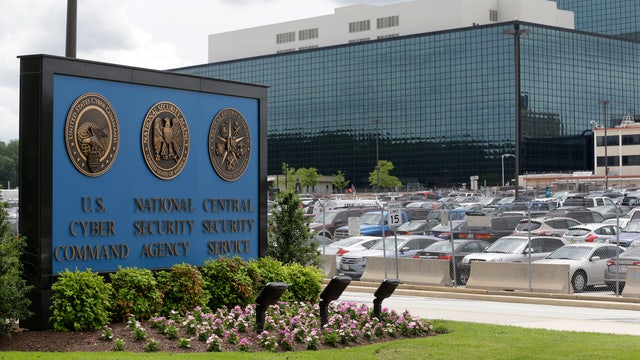NSA Aiming to Right the Demand-Supply Disparity for Cybersecurity Professionals
The recent data breach outbreak in the retail and financial sectors drives home the fact the United States faces a massive cybersecurity conundrum – but this should not come as a surprise to anyone.
While the issue of keeping cyber criminals at bay is a monumental task all on its own, there is another – perhaps more vexing – cyber-related concern plaguing the nation: Both industry and government are struggling to find enough bodies to deal with the digital pandemic.
A report from Cisco (NASDAQ:CSCO) found demand for cybersecurity experts has grown at three and a half times the pace of the overall I.T. job market, with an estimated 1 million unfilled cybersecurity jobs across the globe in 2014.
At the heart of the matter is a lack of younger Americans in the cybersecurity talent pool.
In its recent survey on millennials and cybersecurity, Raytheon (NYSE:RTN) and the National Cyber Security Alliance found nearly two-thirds of millennial respondents are not sure what the cybersecurity profession is. Additionally, in that same study, only 26% strongly agree their high school education prepared them to use technology safely, securely, ethically and productively in the workplace.
The National Security Agency is looking to change that.
In an effort to groom talent and stress the importance of cybersecurity education, the agency introduced its National Centers for Academic Excellence, Cyber Operations Program in 2012. That program has since expanded to include a total of 13 undergraduate and graduate programs in the United States – with the U.S. Military Academy, New York University, the University of New Orleans, Towson University, and the University of Cincinnati being added to the list in 2014.
“The agency is trying to increase the future pipeline of cyber professionals of the nation -- not just for NSA, but for academia, industry and the rest of government,” Steven LaFountain, Dean of NSA’s College of Cyber, said in an interview with Firewall. “We're doing that by trying to influence the security curriculum that's being taught at the university level.”
In doing so, the agency has mapped out specific standards that colleges and universities must fulfill in order to gain designation as a Cyber Operations Center of Academic Excellence.
NSA benefits by utilizing the program to identify top talent for its ranks, and students benefit by becoming more attractive to prospective employers once they enter the job market.
“If they apply to NSA, of course we know which schools have these programs, and so we'll be specifically looking for students who have gone through that program,” LaFountain told Firewall. “But any other entity out there that also is looking for cybersecurity talent can also recruit from these schools.”
Of the skills the NSA’s program hopes to instill in these students are elements of ethical practice when it comes to technology and cybersecurity.
“There's definitely a very strong focus on making sure they understand all of the legal aspects, all of the ethical aspects,” LaFountain said. “And really, our goal is we want them to be, and understand how to be, good citizens in cyberspace.”
Above all, the NSA recognizes the short supply of bodies in the cybersecurity job market, driving home the notion that in order to keep up with the ever-increasing volume of threats that face the U.S. government and private sector, more has to be done to expand the cyber professional headcount.
"There's a lack of talent out there," LaFountain said. “Everybody needs cybersecurity professionals to help protect them personally or their company's secrets, and it's just a growing problem – and it's going to continue to grow because we've become more and more reliant on computers in all aspects of our lives."




















